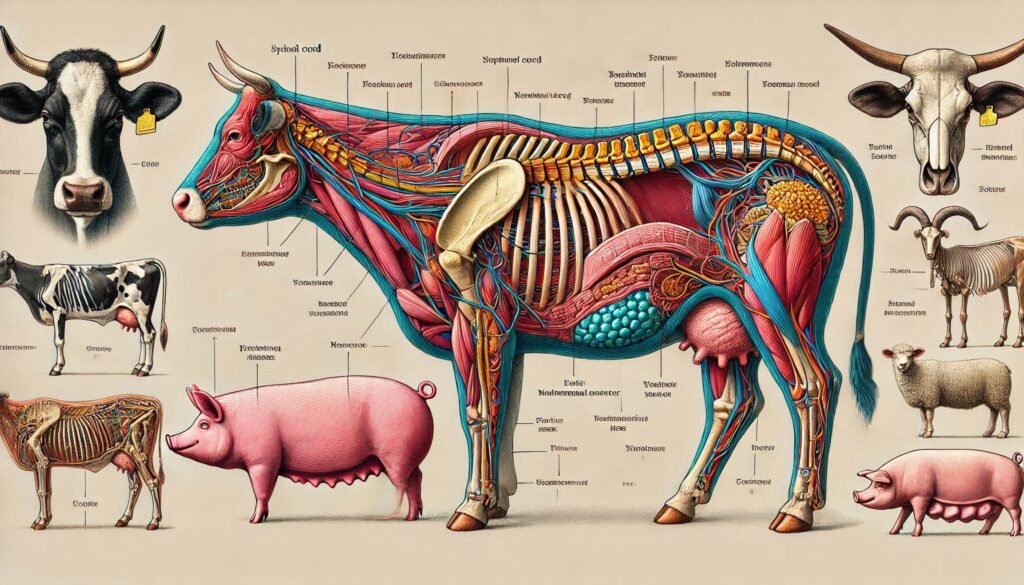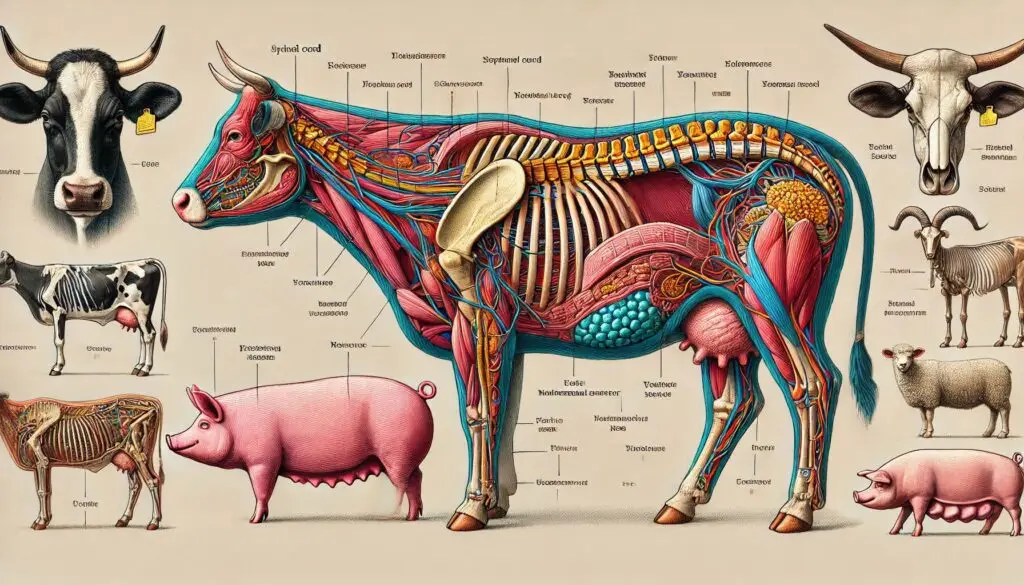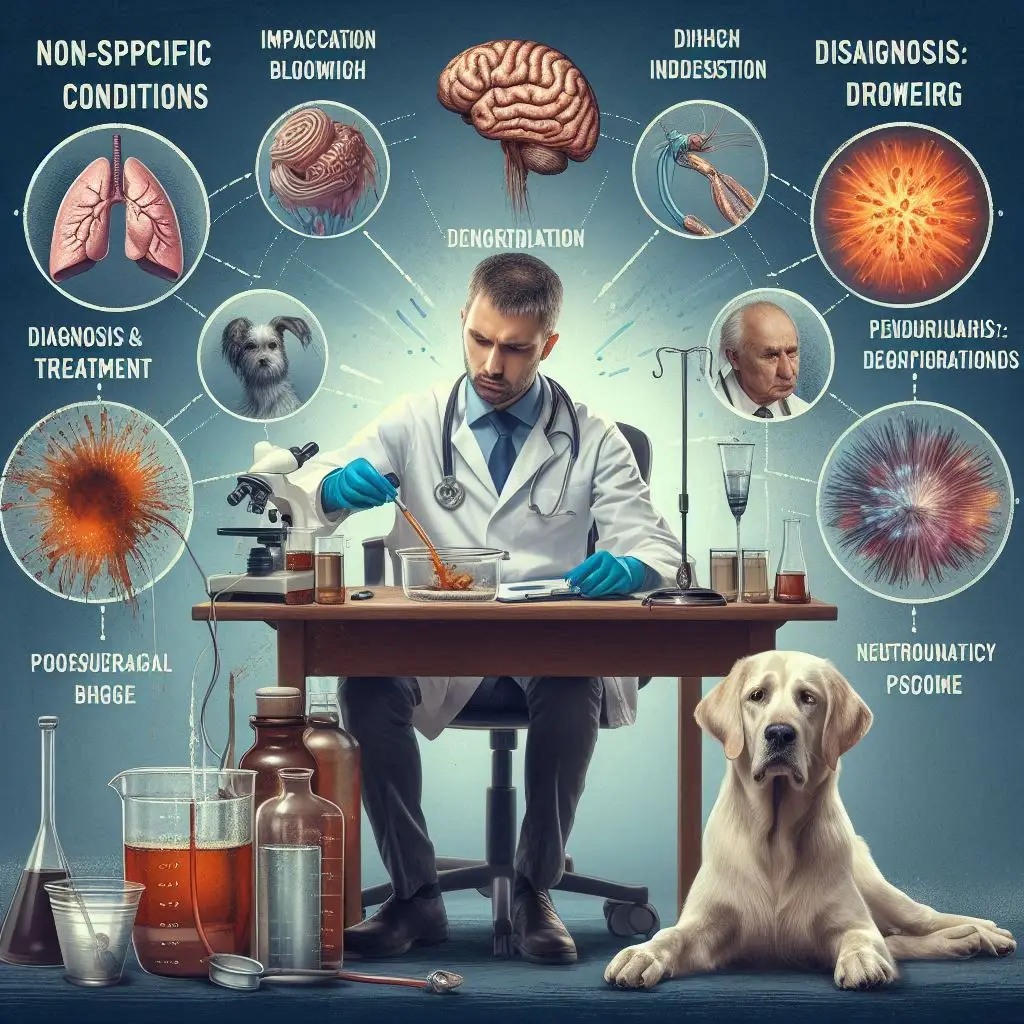Neurological Disorders in Animals

Diagnosis and Treatment of Neurological Disorders in Animals
Neurological disorders in animals can affect their movement, behavior, and overall well-being. Early diagnosis and proper treatment are essential to prevent severe complications. This article covers common neurological disorders in domestic animals and farm livestock, focusing on meningitis, its symptoms, diagnosis, and treatment.
Meningitis in Animals
Meningitis is an inflammation of the meninges, the protective membranes surrounding the brain and spinal cord. It is a serious condition that requires immediate medical intervention.
Causes of Meningitis
- Bacterial infections: Streptococcus, E. coli, and Pasteurella often cause meningitis. According to the Merck Veterinary Manual, bacterial infections are the most common cause in animals.
- Viral infections: Canine distemper virus and herpesvirus can lead to meningitis.
- Fungal infections: Rare but possible in immunocompromised animals.
- Parasitic infestations: Protozoa like Toxoplasma gondii can invade the central nervous system.
- Trauma and immune-mediated responses: Head injuries and autoimmune disorders may also contribute.
Symptoms of Meningitis
- Sudden high fever
- Restlessness and irritability
- Tonic spasms of head and neck muscles
- Limb muscle twitching, tremors, and convulsions
- Uncoordinated gait and head pressing
Diagnosing Meningitis
- Clinical examination: A veterinarian assesses neurological signs.
- Cerebrospinal fluid (CSF) analysis: Laboratory tests confirm infection and inflammation. Cornell University explains how CSF testing aids in diagnosis.
- Differentiation from other conditions:
- Cerebral edema: No fever, less irritation
- Spinal cord compression: Causes flaccid paralysis
- Meningitis: Results in spastic paralysis
Treatment for Meningitis
- Antibiotics: Sulfonamides, penicillin, and cephalosporins for 5-7 days
- Chloramphenicol: At 4-10 mg/kg body weight, effective due to its ability to cross the blood-brain barrier
- Anticonvulsants: Chloral hydrate or phenobarbital to control spasms
- Supportive care: Maintaining hydration, alkalizing the body, and providing nutritional support
Prevention Strategies
- Vaccination against bacterial and viral infections
- Good hygiene and sanitation on farms and pet care facilities
- Regular veterinary check-ups for early detection
- Proper parasite control using American Veterinary Medical Association guidelines
Neurological disorders in animals, especially meningitis, require immediate attention. Early intervention and appropriate treatment increase survival chances and improve quality of life. Pet owners and livestock managers should consult a veterinarian at the first sign of neurological distress.
More From Animal Diseases:






Responses